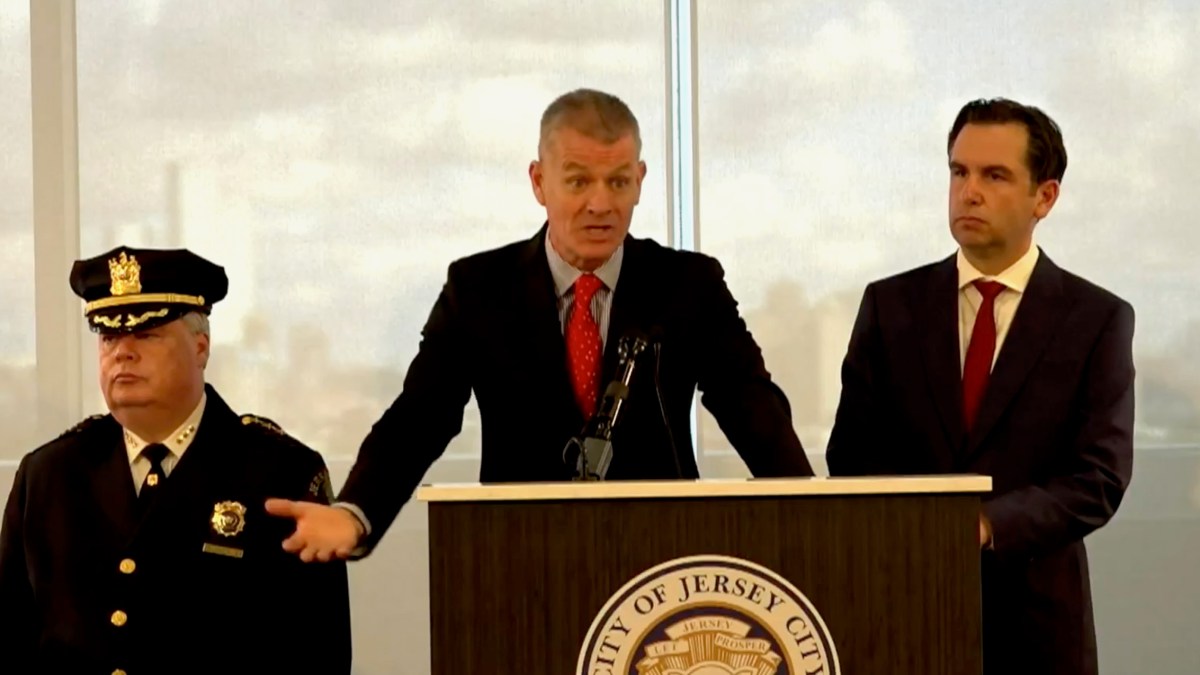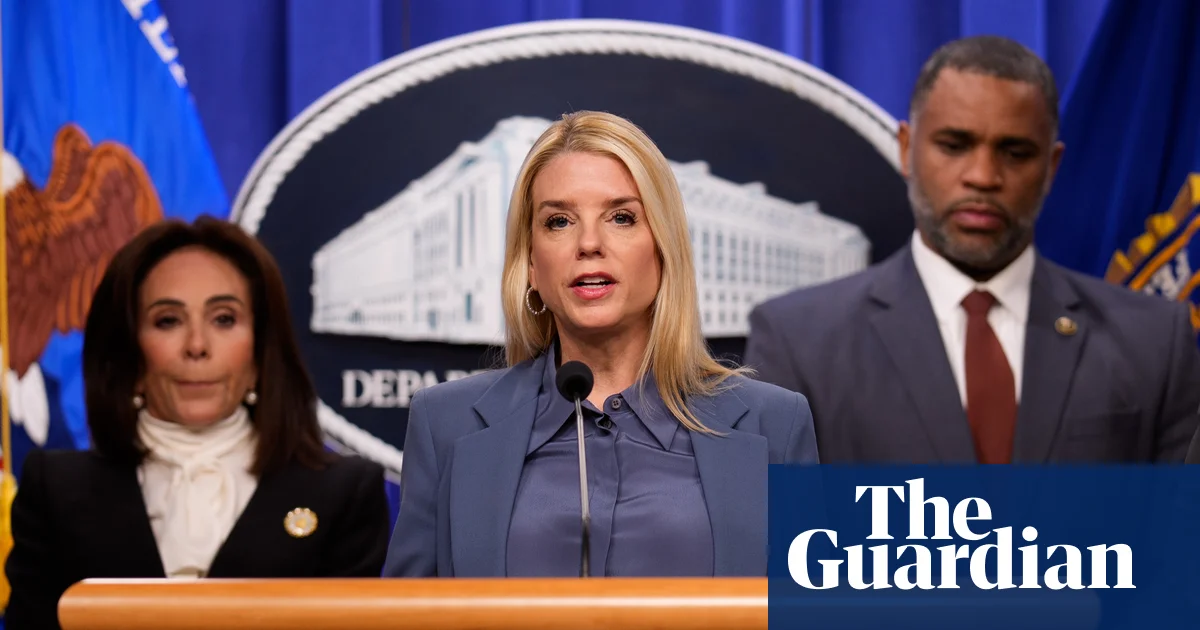Warren Warns Trump’s Economic Policies Threaten Stability

Elizabeth Warren, a prominent senator from Massachusetts, has raised alarms about the potential impact of President Donald Trump‘s economic policies, suggesting they could trigger another financial crisis similar to the one experienced in 2008. In a recent interview, Warren emphasized that Trump’s initiatives—such as tariffs, tax cuts, and deregulation—create a precarious economic environment. “They all create this toxic stew that just takes one more push, and we’re looking at the kind of crash we saw in 2008,” she stated.
Warren’s concerns are rooted in the interplay of these policies, which she believes could lead to a downward spiral. Tariffs are raising consumer prices while simultaneously discouraging business investments and tightening credit availability. As consumer debt continues to climb, partly due to relaxed regulations from the Trump administration, the potential for economic instability grows. The escalating national debt, worsened by Trump’s substantial legislative agenda, raises further questions about the sustainability of the US economy.
Despite Warren’s warnings, Trump and his advisors have dismissed her arguments, pointing to the current resilience of the US economy. The S&P 500 recently reached an all-time high, showcasing a market that has remained steady despite ongoing tariff negotiations and tax legislation. Warren acknowledges that fears of impending doom have often been labeled as misplaced, but she argues that the conditions for crisis are being laid.
In a planned speech at the Exchequer Club in Washington, D.C., Warren intends to articulate her perspective on the economic risks posed by Trump’s administration. She views this moment as a critical opportunity to discuss an alternative economic narrative that contrasts sharply with the current administration’s approach. “I feel so in sync with American families,” Warren remarked, expressing her belief that her understanding of economic issues resonates with many citizens.
Warren’s critique extends to the broader context of US economic policy over the past four decades, which she argues has fostered a political landscape rife with inequality and cronyism. She has positioned herself as a leading voice for change, advocating for investments in housing, education, healthcare, and childcare—initiatives she believes are essential for revitalizing the economy. Her proposals echo elements of President Joe Biden‘s early economic agenda, which faced challenges during legislative discussions.
Warren’s approach seeks to shift the narrative away from partisan divides toward a unified call for investment in American families. She criticizes the past failures of Biden and Congressional Democrats to secure these investments, asserting that the framing of their proposals did not adequately convey their importance. “I think the framing didn’t capture why those investments are so important,” she noted.
Addressing the issue of tariffs, Warren acknowledges the complexity of the topic within her party. Historically, Democrats have shown more openness to protectionist trade policies, but Trump’s administration has complicated this landscape. She believes there is an opportunity for Democrats to present a more nuanced trade strategy that contrasts with Trump’s chaotic approach.
In summary, Warren’s warnings about Trump’s economic policies encapsulate her broader critique of an administration she perceives as chaotic and detrimental to economic stability. As she prepares to deliver her speech, Warren remains committed to advocating for policies that prioritize the needs of everyday Americans over corporate interests. The stakes are high, and she aims to clarify the path forward for a more equitable economic future.






